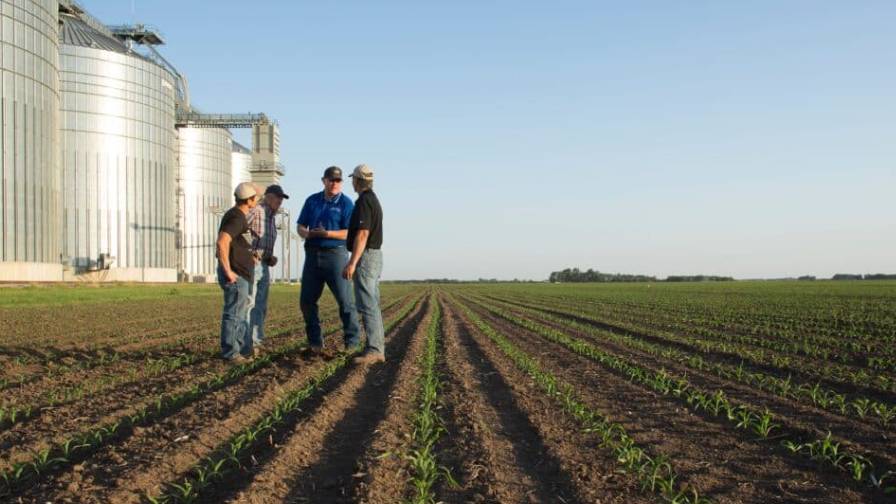EPA Criticized For RFS
EPA heard criticism from a wide variety of interest groups that would be affected by the agency’s proposed 2010 Renewable Fuels Standards (RFS2), which include tougher regulations that many commentators said would put undue financial pressure on stakeholders or nullify investment for fledgling alternative-fuel projects.
EPA is proposing that 36 billion gallons of biofuels be blended into the nation’s fuel supply by 2022.
The proposal also includes regulations on indirect land use and lifecycle assessments of biofuels that some interested parties said are too stringent and not fully based on scientific fact.
Given a chance to sound off on the proposal without prior registration required, 11 panels of about five members each spoke at the hearing, which lasted more than six hours.
"For the potential benefits of the RFS2 to be fully realized, it is imperative that the regulation is guided by sound science, transparent analysis and economic modeling that stands up to scrutiny," said Bob Dineen, president of the Renewable Fuels Association. "There is simply no evidence that biofuel production in the U.S. has significant influence over land use decisions in other countries, and we have deep concerns regarding EPA’s methodology."
Al Mannato, fuels issue manager for the American Petroleum Institute, also opposed some provisions in the proposal, saying that because the lifecycle assessments reveal that known biofuels will not qualify for these mandates, EPA will have to certify that they meet the mandated greenhouse gas lifecycle reduction requirements in order to reach the 36 billion gallons of biofuels blending goal. The certification cannot occur until the regulations are finalized, he said.
"Obligated parties and renewable fuel producers remain at a loss as to how such targets can be addressed absent completion of the lifecycle assessment methodology and until final implementing regulations are revealed," he said. Mannato said that in light of this uncertainty, the Jan. 1, 2010, start date should be pushed to Jan. 1, 2011.
Steve Ruh, chairman of the National Corn Growers Association Ethanol Committee, said the regulation has the potential to be "onerous" for corn growers.
Ruh said modern practices have allowed corn growers to increase production while not using more land, and said that yields will likely increase more than 2 percent each year under these methods.
But Michael O’Hare, researcher for the California Air Resources Board, said the EPA’s indirect land use regulations are valid.
"Indirect land use change is real and highly consequential," he said. "[In fact, land use impact] estimates are likely to be low. Further research will probably find that they’re greater than CARB and EPA have estimated."
Greg Scott with the National Petroleum Refiners Association said the proposal seems rushed and said more time is needed to analyze the research involved.
"Stakeholders need time to digest the rule and plan for compliance," he said. "RFS2 will be far more complex than RFS1, and will require more lead time."
(Source: DTN)






